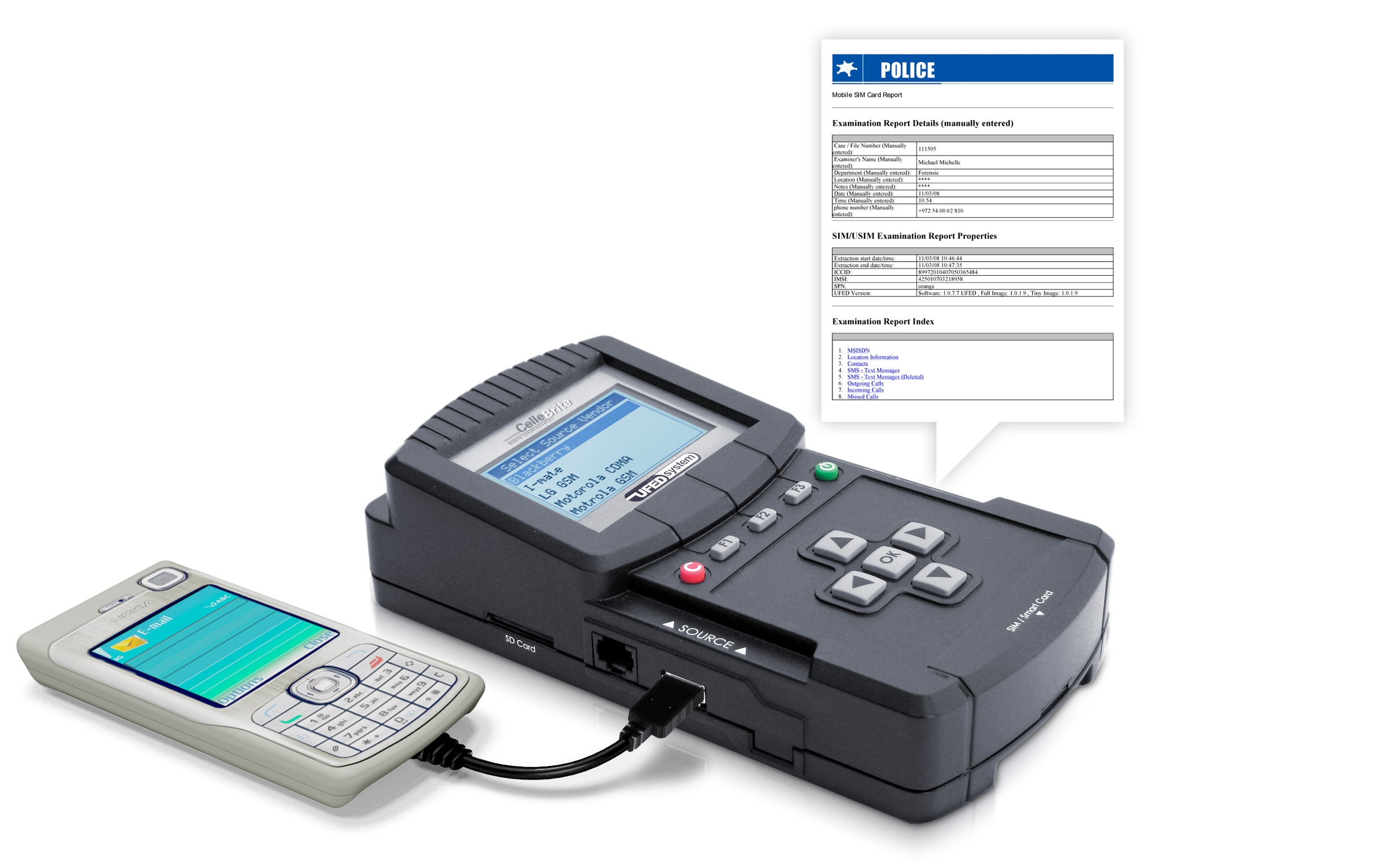This story brought up an interesting thought about K and R that was new to me. I didn’t know that there was no requirements for private K and R companies to report their activities, thus denying law enforcement agencies valuable information for their cases. The kind of information that can help create matrixes, fill databases, and determine patterns for future cases.
Perhaps instead of blaming private industry for not self organizing here the various law enforcement agencies out there can try to bring everyone under one tent and figure out a way to get that information? (or expand a current program?) Something like an online reporting system that only certified and licensed companies can participate in and contribute. That way, law enforcement and private industry can tap into the same databases, and both can contribute to that database. Who knows, but there has to be some kind of a way to create a safe and secure way for information exchange here?
Although the other side of the coin here is that private industry worked hard to develop their cases and files, and those are worth money to them. The more success they have in serving clients based on these files, the more money they make in the future through word of mouth and increased business. Today’s law enforcement agencies could probably learn a thing or two about how these companies work. Besides, if victim’s families want to use private industry versus the public’s law enforcement, then I think that is within their right.
All in all though, both private and public entities can benefit from each other’s work and of course the ultimate benefactor would be those who were kidnapped and then rescued because of that collaboration. -Matt

As kidnappings for ransom surge in Mexico, victims’ families and employers turn to private U.S. firms instead of law enforcement
By Nick MiroffSaturday, February 26, 2011
IN CHULA VISTA, CALIF. As kidnappings soar in Mexico, U.S. companies and well-to-do Mexican families are turning to private American firms to rescue their loved ones and employees from brutal criminal gangs.
The U.S.-based companies that specialize in resolving kidnappings say they now handle far more cases in Mexico than anywhere else in the world. The companies claim near-perfect victim recovery rates, using former FBI and CIA agents as consultants and charging clients thousands of dollars a day for their services.
But because the abductions occur in Mexico, the American firms are not required to report their cases to U.S. law enforcement agencies, even though the companies and families involved are increasingly located in the United States.
As a result, the boom in cross-border extortion rackets is occurring almost entirely in the shadows, as families and businesses opt to hire private firms and the crimes go unreported in both countries.
The abysmally low level of public trust in Mexican police has driven demand for the private American firms. But U.S. federal and local law enforcement officials say the growth in ransom negotiation services diminishes their ability to gather essential data on the criminal networks.
(more…)
